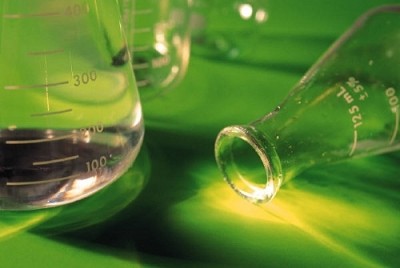Brazil rejects labelling bill over nanotechnology concerns

The bill in question ‘PLS131/2010,’ was reviewed by the Commission for the Environment, Consumer Protection and Surveillance and Control (CMA) and the Commission on Social Affairs (CAS) who then concluded that it did not require sufficient information on the safety of nanotechnologies used in production processes.
The reason being, according to the Authorities is that; “This would lead to regulatory bodies being unable to make informed decisions on the possible risks to consumers.”
An alternative bill, proposed in March 2013, is still pending a hearing before the Senate. The bill, proposes that products carry a label showing they have been produced by a nanotechnology process or contain nano ingredients, as well as a symbol which has yet to be defined.
For more information on this matter, please see here.
Brazil Authorities stepping up regulatory rules of late
Since April, other regulatory Agencies such as ANVISA have been overlooking and updating its cosmetics regulations in a bid to get in line with global guidelines.
It's role is to expand discussions on various topics in the area predictability, transparency and stability to the regulatory process of cosmetics in Brazil.
Recent moves include the restriction of four substances and the upgrade of a regulatory tool that will improve its’ transparency, practices and procedures in monitoring cosmetics before they go to market.
Those substances included lead acetate, pyrogallol, formaldehyde and paraformaldehyde, ingredients it had been looking at making significant changes to, since January 2012.
Under the new rules, lead acetate with regards to hair dyes should not exceed a maximum concentration of 0.6 percent, and 5 percent for pyrogallol and formaldehyde and paraformaldehyde are substances currently banned in Brazil as aerosol preservatives, but are being permitted only as a preservative in oral hygiene and other cosmetic products at maximum concentrations of 0.1 percent and 0.2 percent.









